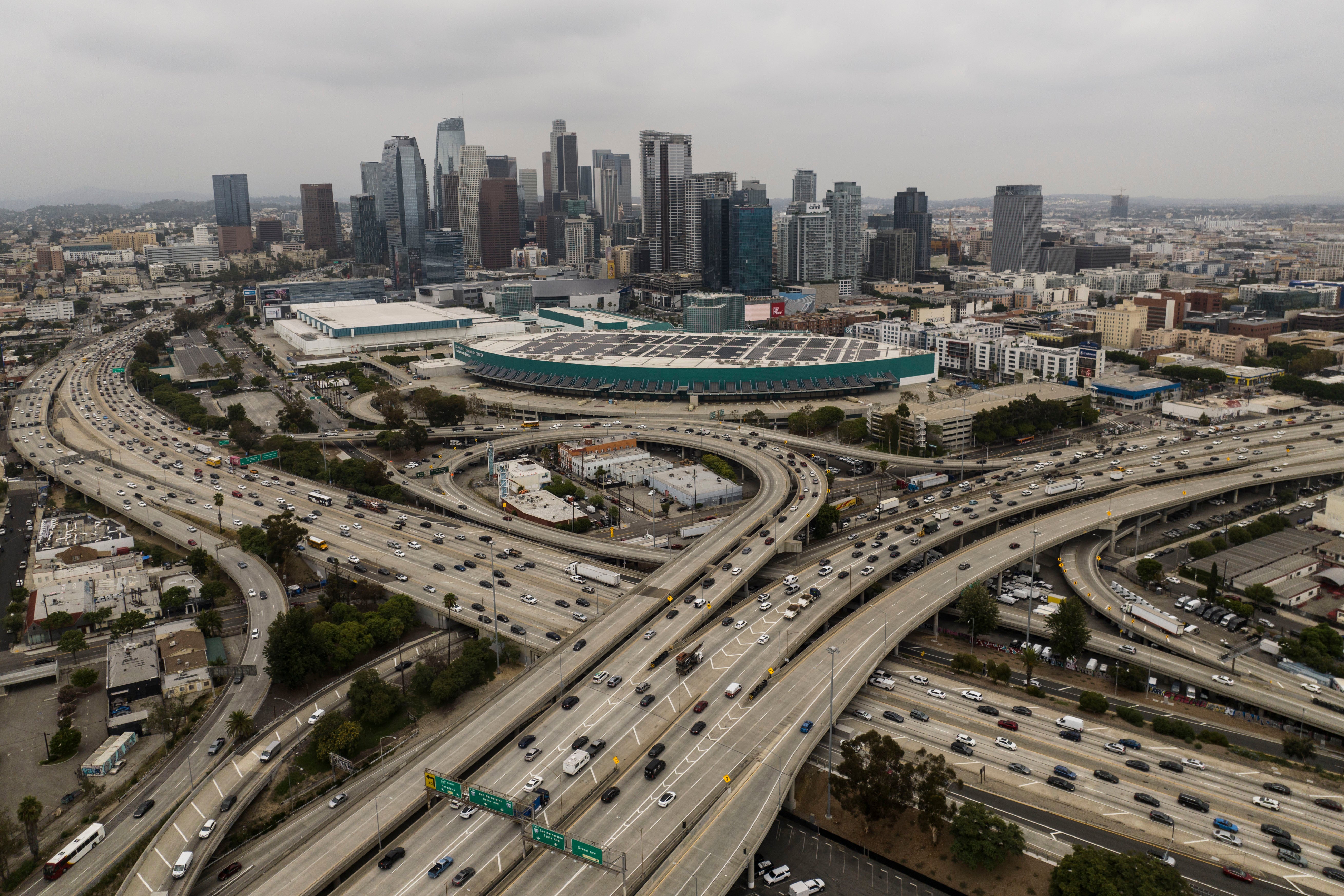LA to pay more than $38M for failing to make affordable housing accessible
The city of Los Angeles will pay more than $38 million to settle a lawsuit from 2017 over allegedly failing to meet federal accessibility requirements when using federal grant funds for multifamily affordable housing

The city of Los Angeles will pay $38.2 million to settle a 2017 lawsuit after “falsely” stating on federal documents that its multifamily affordable housing units built with federal funds were accessible for people with disabilities.
The complaint was filed by the U.S. Department of Justice on behalf of a Los Angeles resident, Mei Ling, who uses a wheelchair and the Fair Housing Council of San Fernando Valley, a disability rights advocacy group. Their share of the settlement has not been determined.
Ling, 57, has used a wheelchair since January 2006— and has either been homeless or in housing without the accessibility features, the lawsuit said.
It alleged that the city of LA did not make its multifamily affordable housing options accessible to those with disabilities for at least six years. Some issues were slopes that were too steep, counters that were too high, and entryways that did not permit wheelchair access, officials said.
The lawsuit also stated the city failed to maintain a publicly available list of accessible units and their accessibility features, and that it “knowingly and falsely certified” to the U.S. Department of Housing and Urban Development that it complied with these requirements.
A representative for the LA city attorney's office did not immediately respond to an emailed request for comment.
When the Housing and Urban Development department provides grant funds to local governments to build and rehabilitate affordable multifamily housing units, they must comply with federal accessibility laws, officials said. This includes a mandate that 5% of all units in certain types of federally assisted housing be accessible for people with mobility impairments, and another 2% be accessible for people with visual and auditory impairments.
They also must maintain a publicly available list of accessible units with a description of their accessibility features, among other housing-related accessibility requirements.
In the six years prior to the lawsuit filing in 2017, LA received nearly a billion dollars in various funds from the federal housing agency that went toward at least 28 multifamily housing projects, according to the plaintiffs. None of them contained the minimum number of accessible units required by law.
Meanwhile, the city “caused HUD and the public to believe that it was in compliance with all federal obligations relating to the receipt of federal housing and community development funds,” the lawsuit said.
Previously, the city settled a similar suit in 2016.
Bookmark popover
Removed from bookmarks